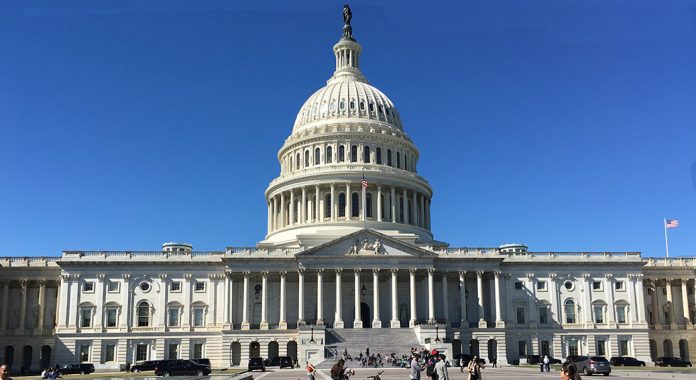
Although Congress is in recess this week, Senate staffers are continuing to work on the Better Care Reconciliation Act (BCRA) and estimates are that a vote on the legislation may occur by the end of July. In addition, Republican governors from Nevada, Ohio and Arkansas are pushing back on the BCRA because it would cap the federal government’s share of Medicaid costs and reduce the program by $772 billion over the next 10 years and cap federal contributions in 2020 requiring states to fill the gap. The most vocal governors are from states that expanded Medicaid eligibility under the Affordable Care Act (ACA). However, the proposed Medicaid cuts would be crippling to non-expansion states like South Dakota, as well.
Once the Senate returns on July 10, Senate Majority Leader Mitch McConnell’s will continue his efforts to gather the 51 votes needed for passage. But two conservative senators, Ted Cruz (R-Texas) and Mike Lee (R-Utah), have brought a proposal that would dial back regulation on some insurance plans. The bipartisan Congressional Budget Office (CBO) has been asked to analyze two versions of McConnell’s bill — one with and one without the conservatives’ proposal — to estimate their impact on the federal budget and on insurance coverage. The proposal would create parallel health insurance markets in states. One market would contain protections for people with pre-existing conditions and coverage of essential health benefits like maternity care and mental health services, and the other would allow the sale of plans with reduced benefits, likely without federal subsidies. It is anticipated that a revised CBO score could come as soon as July 14.
Their alternative proposal could cost McConnell votes from moderate senators who believe the two-market approach would lead to the collapse of the individual insurance market, due in large part to the number of older and sicker patients who would be served likely at higher costs, separate from healthier and younger Americans. The White House supports Cruz’s and Lee’s effort to come up with a conservative adjustment to the bill.
With a Senate vote possible by the end of July and an updated CBO scoring, Republican leaders would need to flip seven of the nine Senators who have publicly stated their opposition. The time is now to share our concerns and have our “unified voices” heard!
If you haven’t already done so, please send a message to share your concerns with Sen. John Thune and Sen. Mike Rounds by clicking here.






